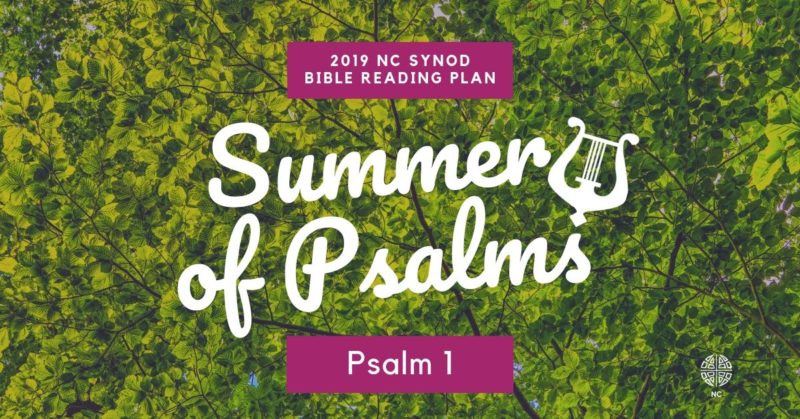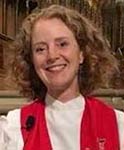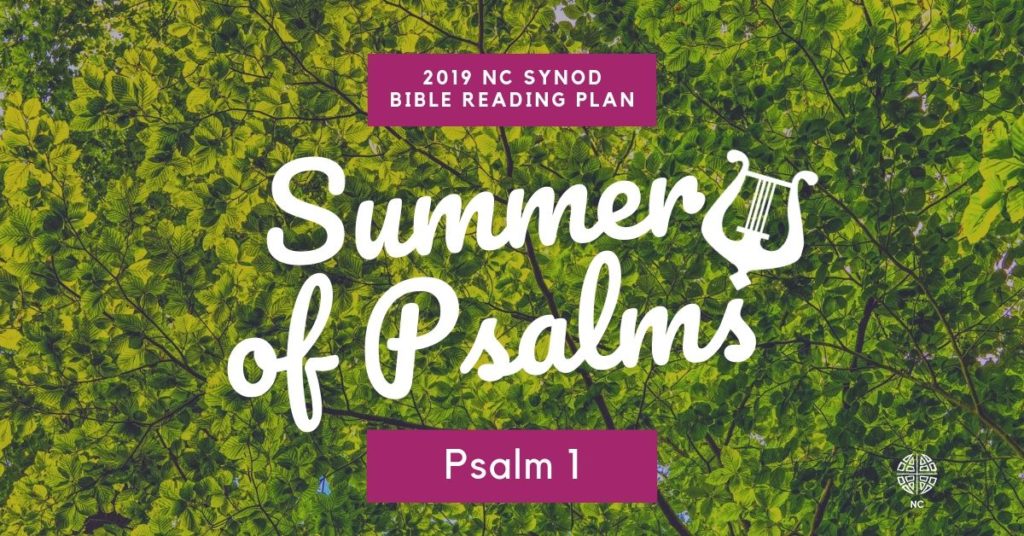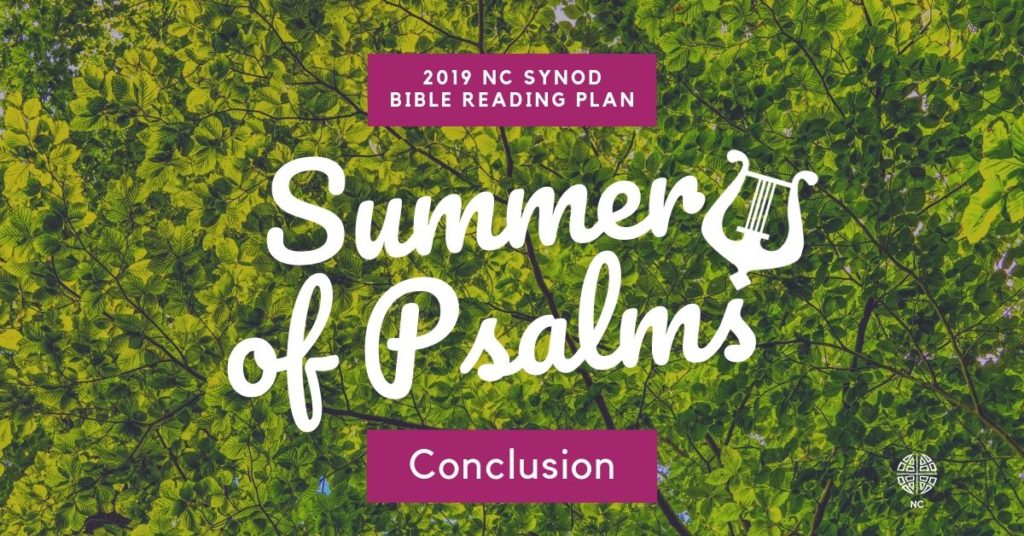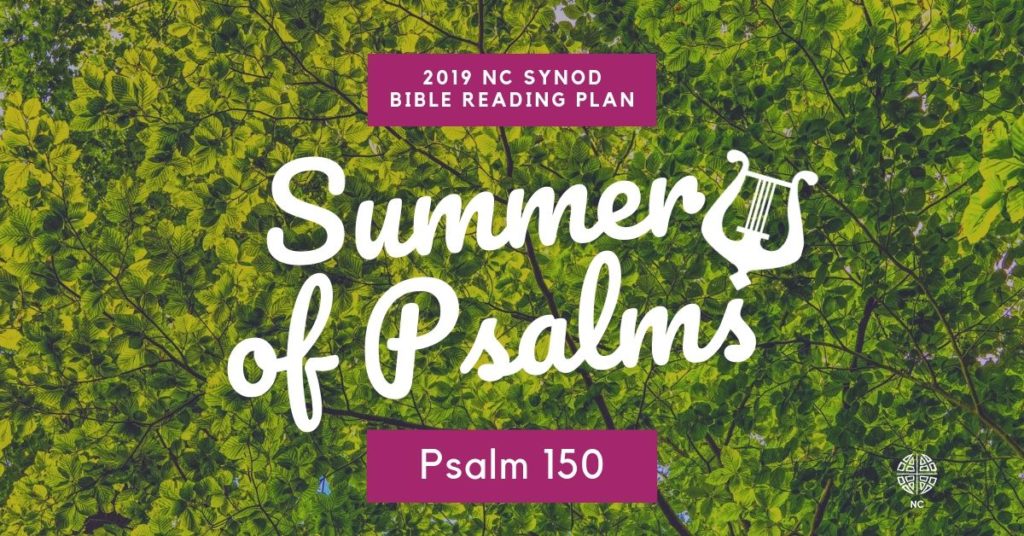Reading 2—Happy Are They…
READ PSALM 1
From its very first word, “Happy”, some people might be struck oddly by Psalm 1. “Happy are they who have not walked in the counsel of the wicked.” Some translations write “Blessed” instead. This Psalm starts out by drawing direct parallels between a person’s emotional condition and one’s spiritual state. Merriam Webster defines “happy” as an adjective that expresses a state of good fortune or well-being and contentment. Similarly, “blessed” is that which enjoys happiness or that which is held in reverence. The implication in this Psalm, then, is that contentment comes not from dwelling in the ways and issues of this world, but in focusing on God’s word and law.
I am reminded of those who welcome the season of Lent with a fast from social media or mainstream news. Too often the news channels we watch or the Facebook feeds we follow can become echo chambers that merely amplify positions we already hold or empower biases we nurture and protect. These do not provide “happiness.”
Richard Niell Donovan, author of the blog sermonwriter.com, encourages readers of this Psalm to pay attention to the action verbs in the first verse: walk, stand, sit. Too often what begins with a simple accompaniment turns into a lingering in a place of alienation and leaves us stuck in something we would not want to be or defend. Following paths that lead us away from God’s word and love can mire us in the muck of those things which we would not want to define us.
This standing with sinners and sitting with the scornful can be contrasted with the steadfast rootedness of trees planted by streams of water. Plants with strong roots draw nourishment from the depths of the earth and hold fast through a diversity of seasons. Winds may blow, but well-rooted trees stand firm. The prosperity of endurance, growth, and new life are seen in healthy groves. Such are the fruits of the spirit of one who draws strength and sustenance from the life-giving word of God.
Finally, the chaff which the wind blows away may be compared to those in verse one who are wicked and scornful. The Hebrew word for wind is ruach which is also understood to include the Holy Spirit. The Spirit has the power to blow into those places in our lives muddled over with chaos and unnecessary commotion. It can clear out the dross of wickedness and sin and make room for that which is healthy and sustaining.
To Consider
What is the “counsel of the wicked” or the “seat of the scornful” that regularly pops up on your news feed? Would it hold up to the power of God’s word blowing through it?
How does the Holy Spirit blow away the sinful distractions of your life?
God of all wisdom, make us seekers of your word and followers of your way that we may cherish knowledge of you above all else and may drink from the depths of your life-giving streams.
Christy Lohr Sapp is an accomplished bread-baker, a novice cheese-maker, and the pastor of St. Andrew’s Lutheran Church in Hickory where she is looking to grow her family through fostering a shelter pet (or two!).

